Why US?
Teaching Practices & Pedagogy
At Medicaps University, as one of the leading universities in Madhya Pradesh, our teaching practices and pedagogy are designed to inspire curiosity, foster critical thinking, and prepare students for real-world challenges. We adopt a holistic approach to education, integrating theory with practical application, and leveraging cutting-edge methodologies to ensure an enriching learning experience.
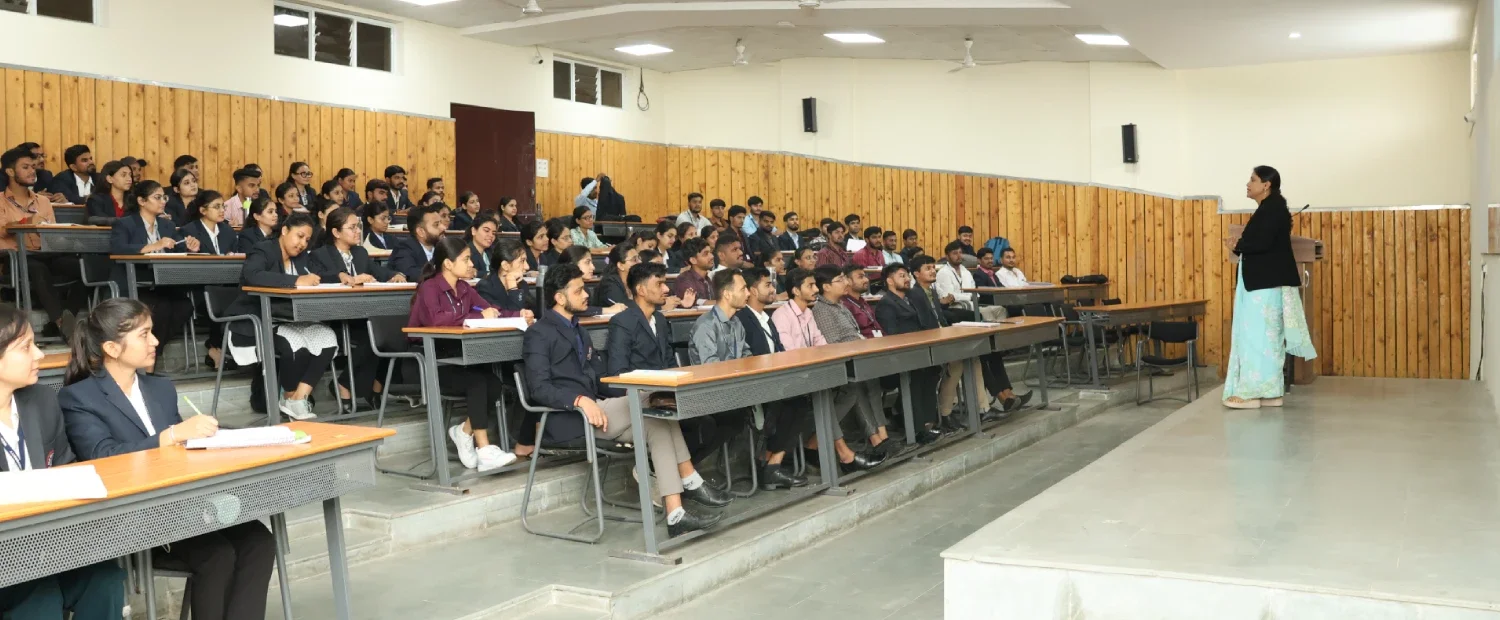
Our Pedagogy
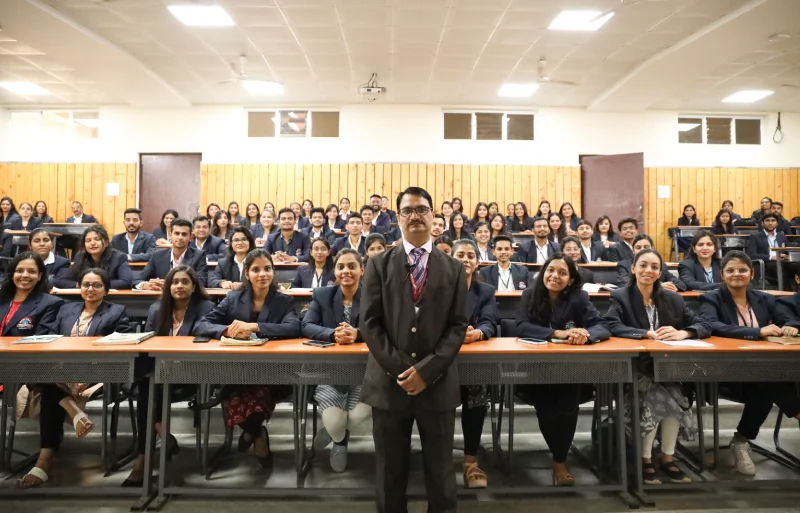
Impact-based Teaching
This approach focuses on delivering knowledge that addresses real-world issues and creates meaningful change. Students are encouraged to engage with current global and local challenges, applying their learning to make a measurable difference in society and industry.
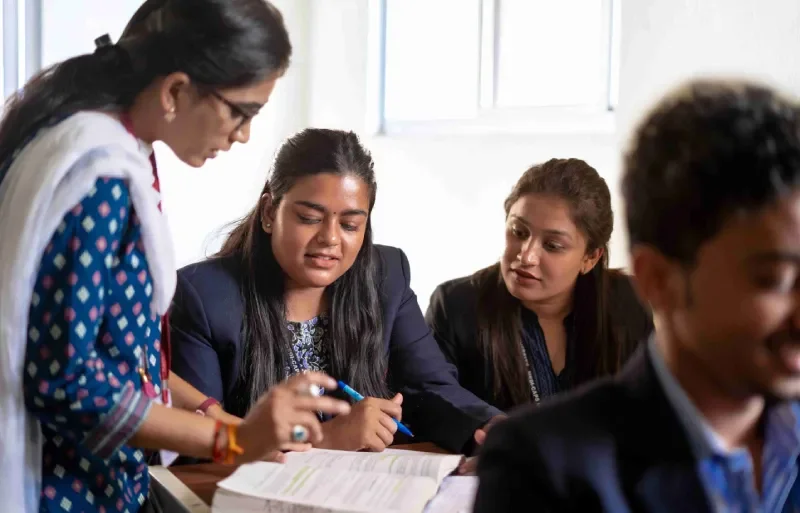
Problem-based Learning
This method cultivates analytical and critical thinking skills by encouraging students to tackle real-world problems collaboratively. Through case studies, group discussions, and guided inquiry, learners develop solutions that deepen their understanding and enhance their problem-solving abilities.
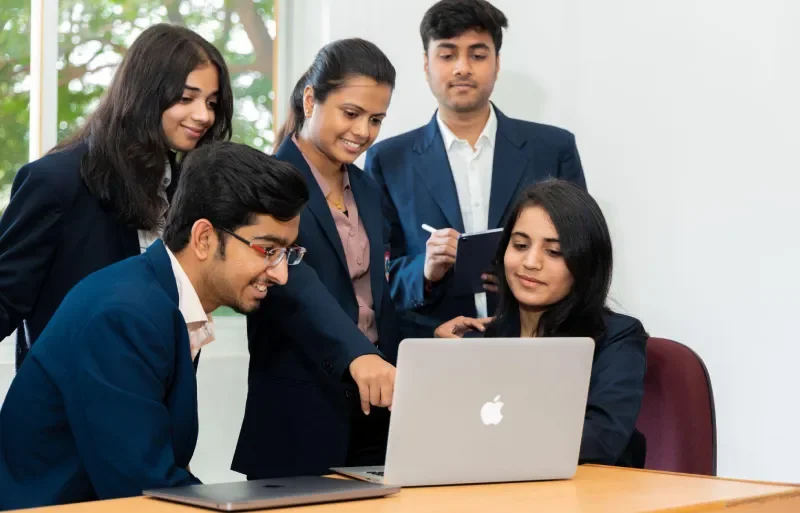
Experiential Learning
This process emphasizes learning through experience. Through internships, fieldwork, and live projects, students gain hands-on exposure, bridging the gap between theoretical concepts and practical application. This approach enhances confidence and career readiness.
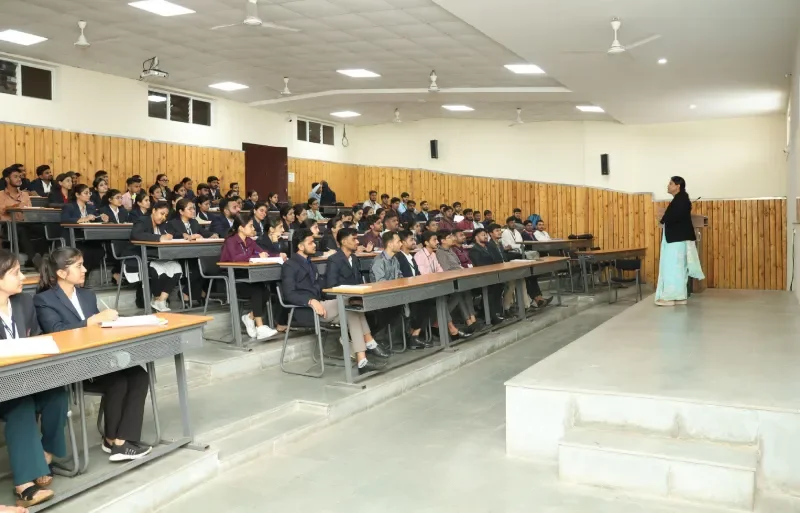
Innovative Teaching Methodologies
Our teaching faculty leverages digital tools, interactive platforms, and interdisciplinary approaches to make learning engaging and effective. Such innovative methods keep students motivated while encouraging creativity and active participation.
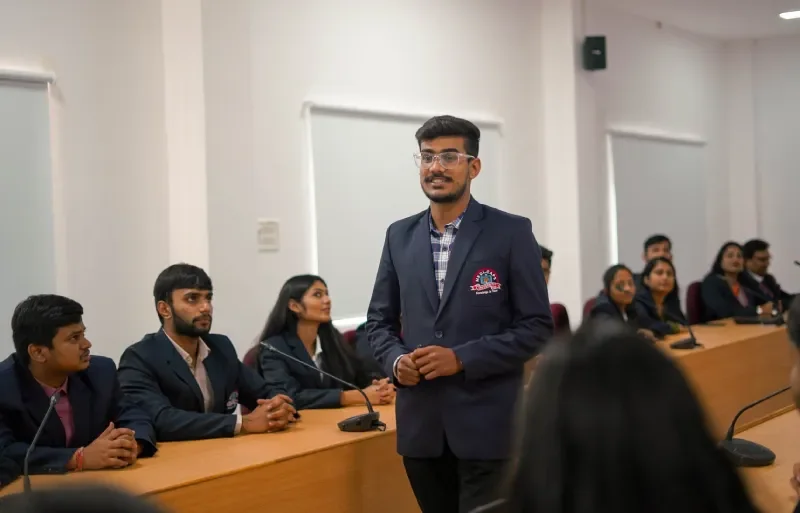
Simulations and Case Studies
This approach uses simulations and case studies to help students apply theoretical concepts to real-world scenarios, thus helping them develop critical thinking and problem-solving skills.
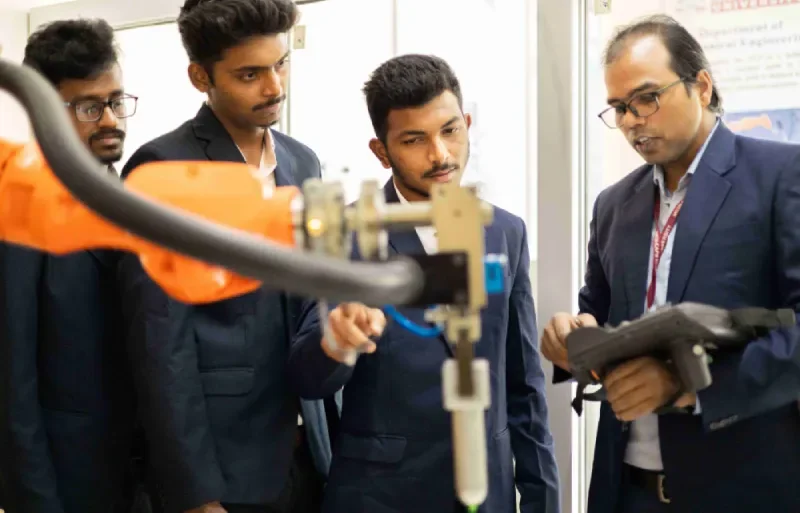
Demonstrating Practically
This approach involves demonstrating concepts practically to students, using demonstrations, experiments, and other hands-on activities, which help them understand the concepts better.
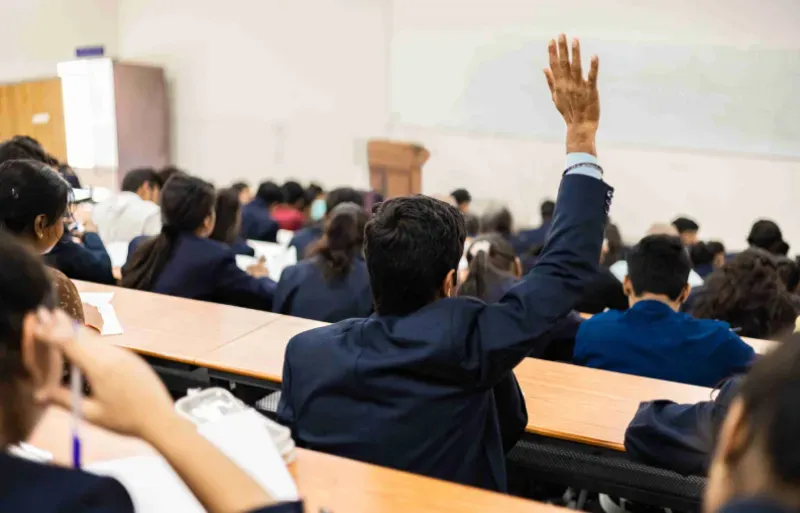
Flipped Classroom
This approach reverses the traditional classroom model by allowing students to learn the course material at home, while classroom time is used for discussions, activities, and projects that reinforce learning.
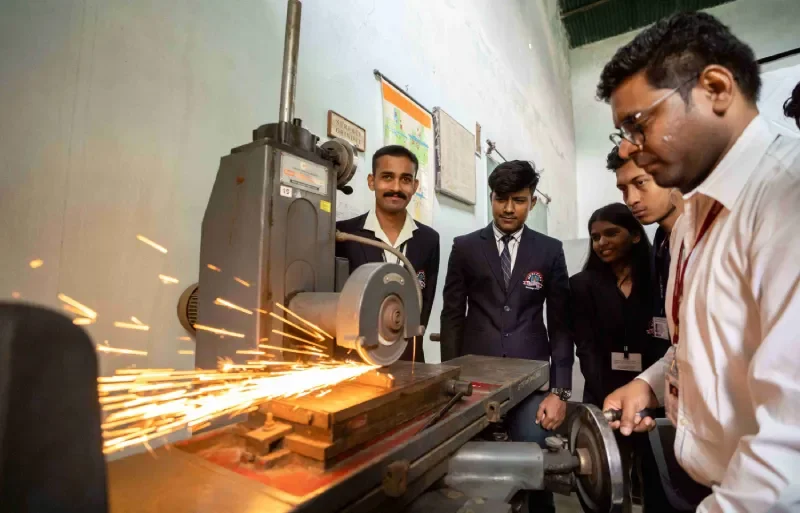
Work Based Learning
This approach integrates learning with work experience, by providing students with opportunities to apply their classroom learning to real-world projects and internships.
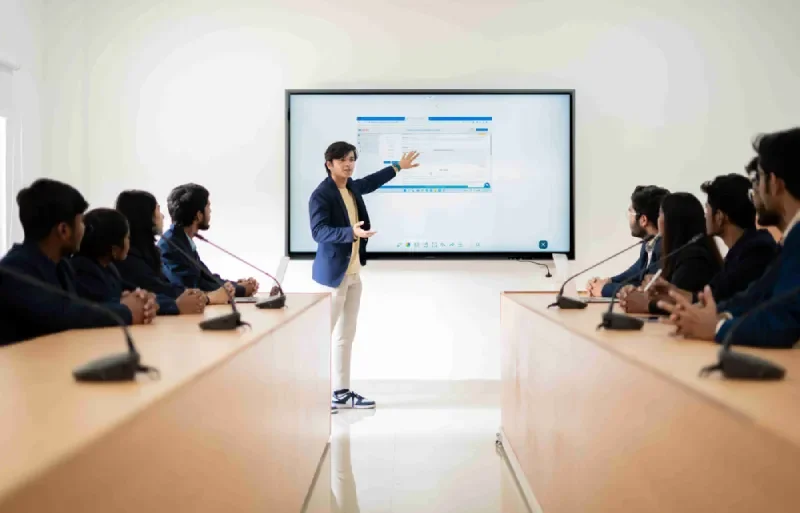
Student-Led Learning
This approach empowers students to take charge of their learning by encouraging them to set their goals, identify their strengths and weaknesses, and design their learning paths.
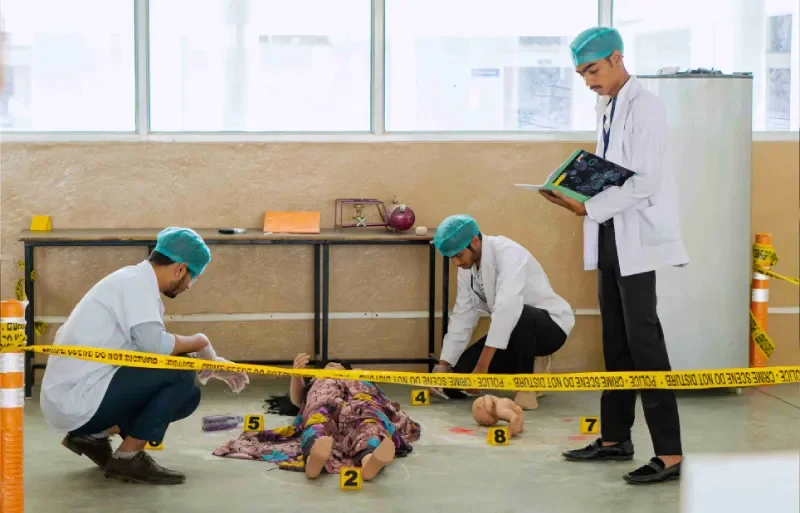
Role Play
This approach uses role-playing scenarios to help students explore and develop their social, emotional, and interpersonal skills, which are critical for success in professional and personal settings.







